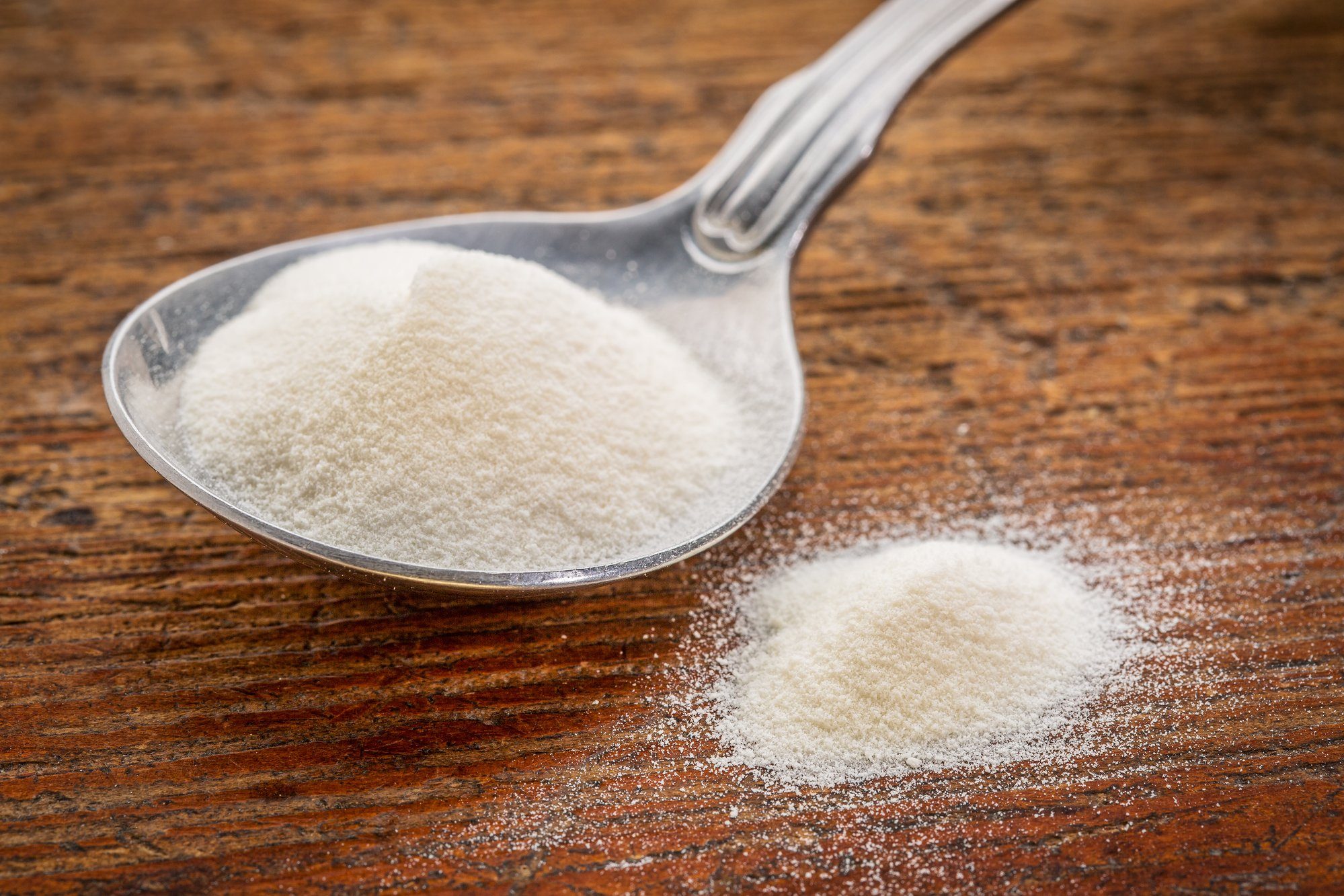You have probably come across information discussing the benefits of taking Collagen Peptides and how that can aid in having stronger nails, as well as healthier hair and skin. All types of collagen are rich in essential amino acids (proteins) that can benefit our health and bodies.
You may have also read or heard about collagens having different types and how one is better to take over the other. But it really just boils down to preference and health restrictions as some people may be particularly sensitive to taking Marine (fish) Collagen, so they go for Beef Collagen instead, or vice versa. But with Collagen, you can hardly go wrong with all its health benefits.
With over ten types of identified collagens available for our healthy consumption, it can get confusing to know which one to use for our health needs. So let’s break it down to the three most commonly known types that are widely available in the market today.
Benefits of Different Collagen Types
Type I Recommended for hair, skin, and nails. Also for tendons, bones, and organs.
Type II Recommended for cartilage and joint health.
Type III Recommended for muscles, organs, and arteries (works alongside Type I).
In general, collagen has multiple beneficial properties that allow our bodies to “repair” itself and delay the natural process of aging by keeping our skin hydrated to stay wrinkle-free, keep our bones, joints, and muscles strong so we can stay active and alert.
Collagen can be found in our bodies too. It is in our arterial walls, blood vessels, cartilage, teeth, and even our digestive tract, and we can keep them healthy by taking collagen supplements to have a sure way to better health; ergo to have stronger nails, hair, healthier skin and overall good health will be sure to follow.
Since the amino chains found in Collagen Peptides are typically too big for easy body absorption, Hydrolyzation breaks down the collagen proteins into smaller amino acids that make it easier for it to be absorbed in our system. So when given the chance, go for Hydrolyzed Peptides to get increased absorption.
Some people take Gelatin, as it is the cooked form of Collagen because they enjoy the versatility of mixing it into their baked and/or home-cooked favorites. Although it may not be ideal to mix it in with cold liquids as it tends to thicken easily, due to being a natural thickener.
So whether you take Marine or Beef Collagen Peptides, ask the right questions, choose grass-fed and hydrolyzed collagen peptides to get the purest and best proteins that you can get for your health and wellness. Pair it with a positive lifestyle and a nutritious diet to get the most of your collagen supplement.






4 comments
Hi Thomas,
Our current product range primarily focuses on Type I and Type III collagen.
Our Beef Collagen Powder primarily consists of Type I collagen with a smaller amount of Type III. It is sourced from bovine hide, which naturally contains these collagen types. On the other hand, our Marine Collagen Powder is rich in Type I and Type III collagen. This marine collagen is derived from the skins of wild-caught deep-sea Cod from the North Atlantic.
Type II collagen is found in cartilage, which is the tissue that cushions and protects your joints. It is often used as a supplement to support joint health and reduce joint pain.
The reason we do not currently offer a Type II collagen product is that most Type II collagen supplements are sourced from chickens. We currently focus on bovine and marine sources for our collagen products.
I hope this helps.
I have asked before and have not gotten a response, but I am most interested in type II and why do none of your products seem to have type II?
Great article on collagen! So if I can get type 1 and 3 from beef collagen for hair Type 3 for Muscles, Where can I get type II collagen?
Why does your Marine Collagen not have Type II Collagen? That seems to be the most important collagen???